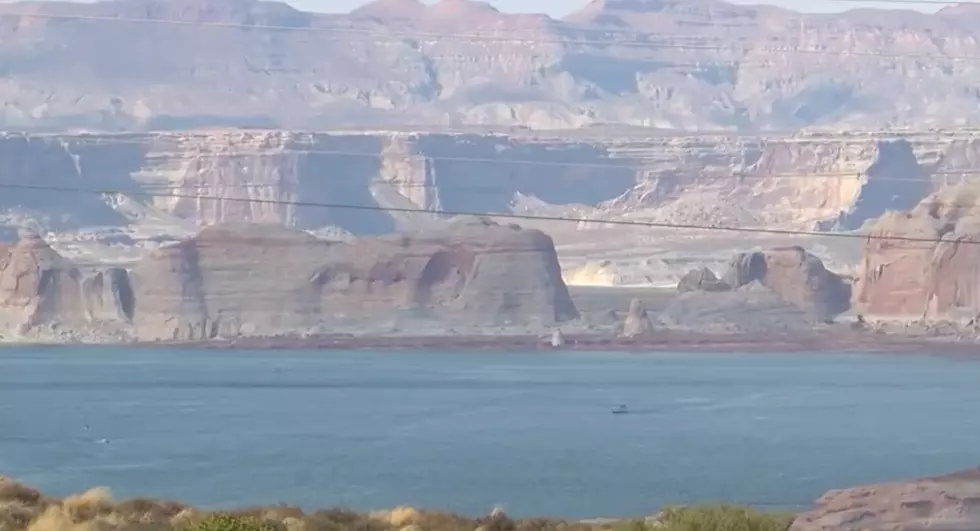
The Colorado River and Lake Powell Pipeline Controversy
ST. GEORGE, Utah (KDXU/ABC4) - The Washington County Water Conservancy District is working to secure the Lake Powell Pipeline, expected to bring up to 28 billion gallons of water yearly to St. George if federally approved.
“We are and have been planning on how to deal with this, the hydrology is lower, and now we’re looking at additional things that will be required in order for us to maintain a sustainable river,” says Gene Shawcroft, the Colorado River Commissioner for Utah.
The Utah Rivers Council is claiming in its latest report, that the pipeline project would threaten other water users by taking historic low water levels from the Colorado River.
“The Colorado River has declined 20% over in the last two decades compared to the 20th century,” says Zach Frankel, the Executive Director for the Utah Rivers Council.
“Utah gets a 23% portion of what’s left over of our water to the lower basin, we have delivered more than the compact requires to the lower basin, it’s all part of the compact, it’s all done legally,” says Shawcroft.
Frankel says the Lake Powell Pipeline isn’t needed.
“There’s only so much water to go around and Utah is over using its share, someone has to give up their water in Utah to put in the Lake Powell Pipeline,” says Frankel.
Currently, the Virgin River is Washington County’s only water source.
“There’s plenty of water inside of the Lake Powell Pipeline, the reason the Lake Powell Pipeline is being proposed is simply because there’s a number of contractors and lobbyists that are being paid because they want to line their pockets with billions of dollars of tax spending,” says Frankel.
Shawcroft says the rapid growth in Washington County is their biggest challenge.
“We don’t have any kind of veto authority on how communities grow, an additional water supply for the Washington County area will be necessary if the communities collectively feel that they’re going to continue to grow and that seems to be the trajectory that they’re on,” says Shawcroft.
“We’re being told what we need are more dams and reservoirs, but that’s not going to do anything to help our water supply because the existing water reservoirs are already empty,” says Frankel.
The Lake Powell Pipeline is currently the largest proposed water diversion from the Colorado River, serving more than 40 million people across seven states.
To watch Jordan Verdadeiro's broadcast piece click here.
More From KDXU 890 & 92.5









